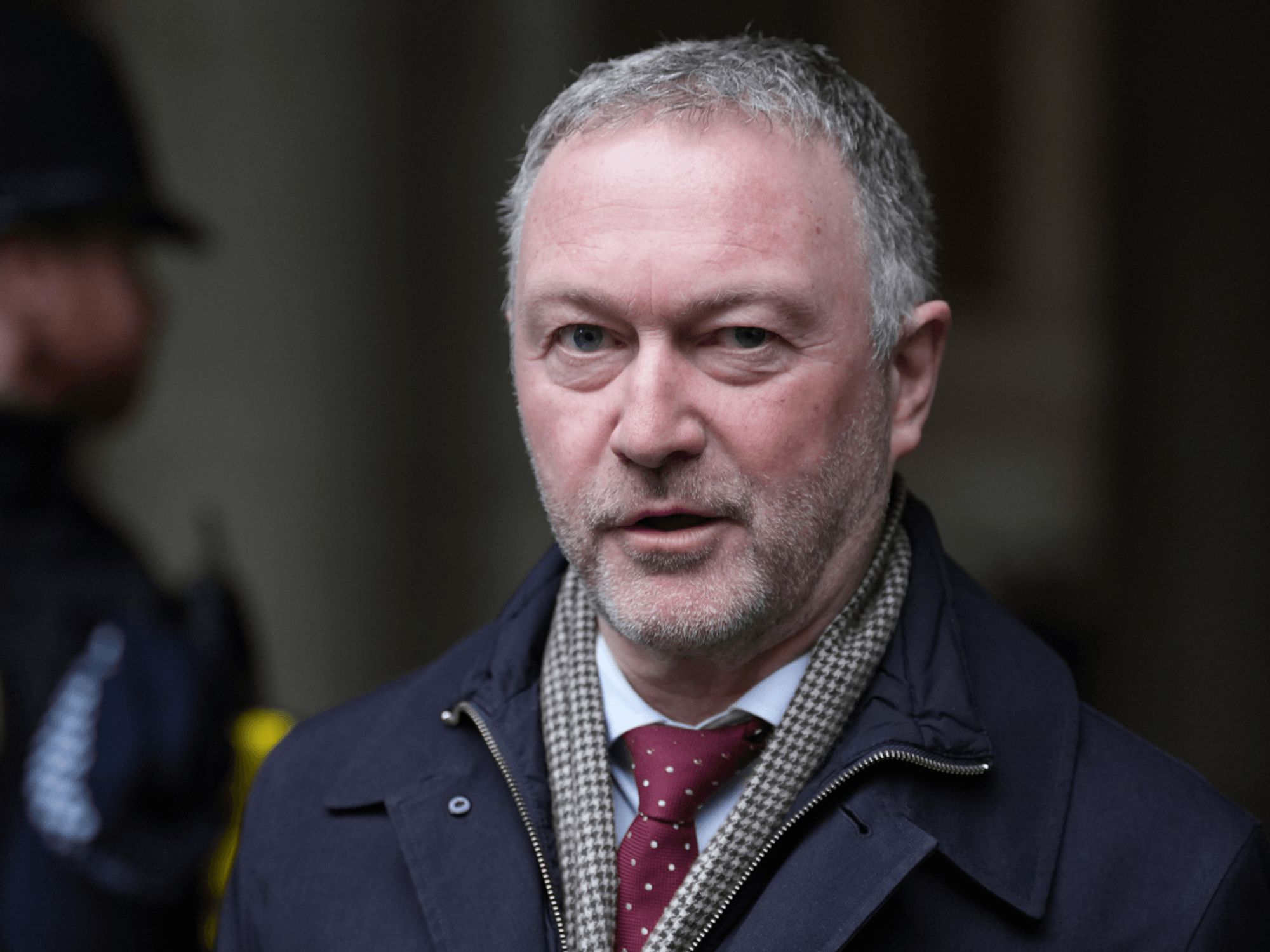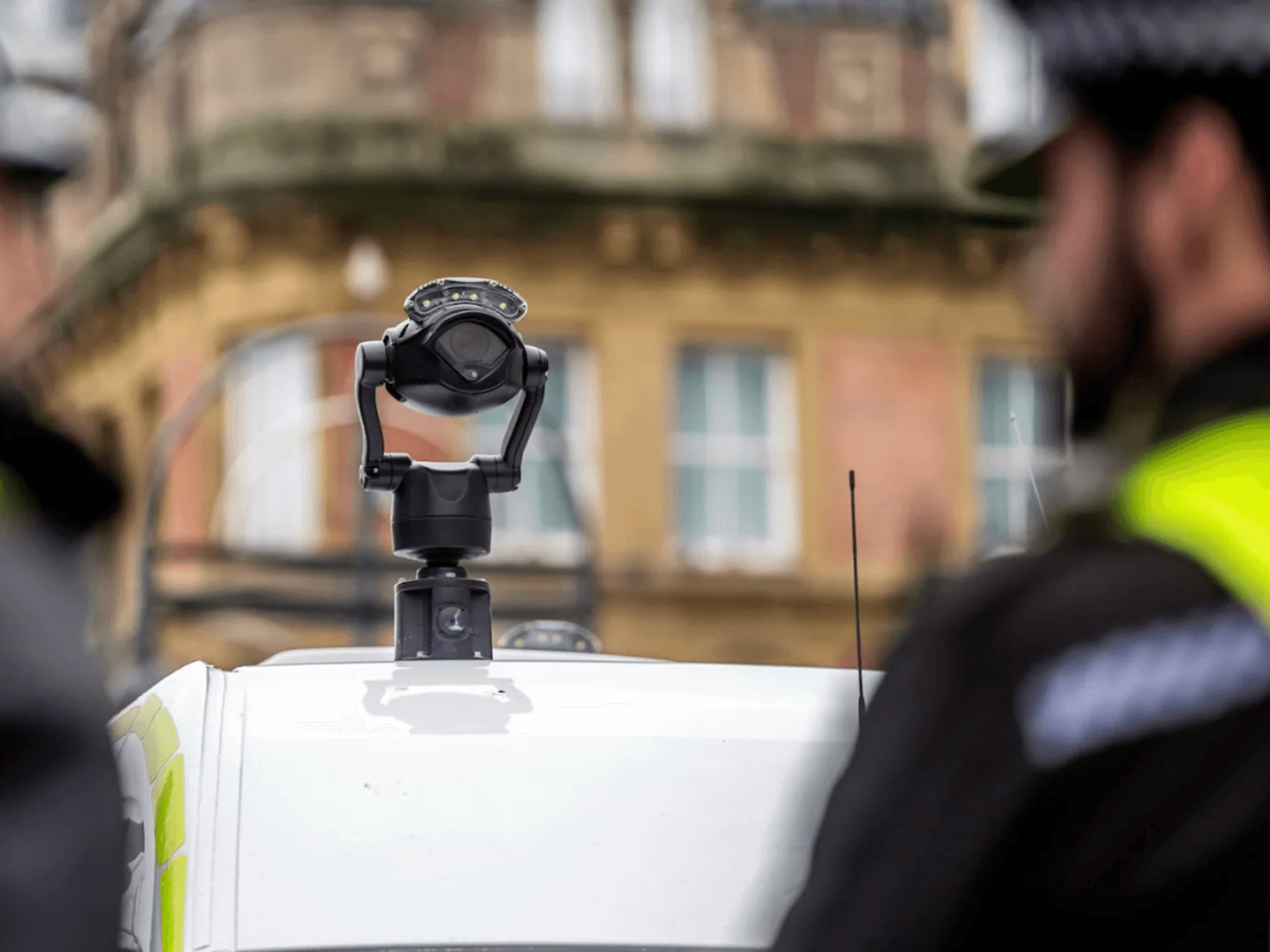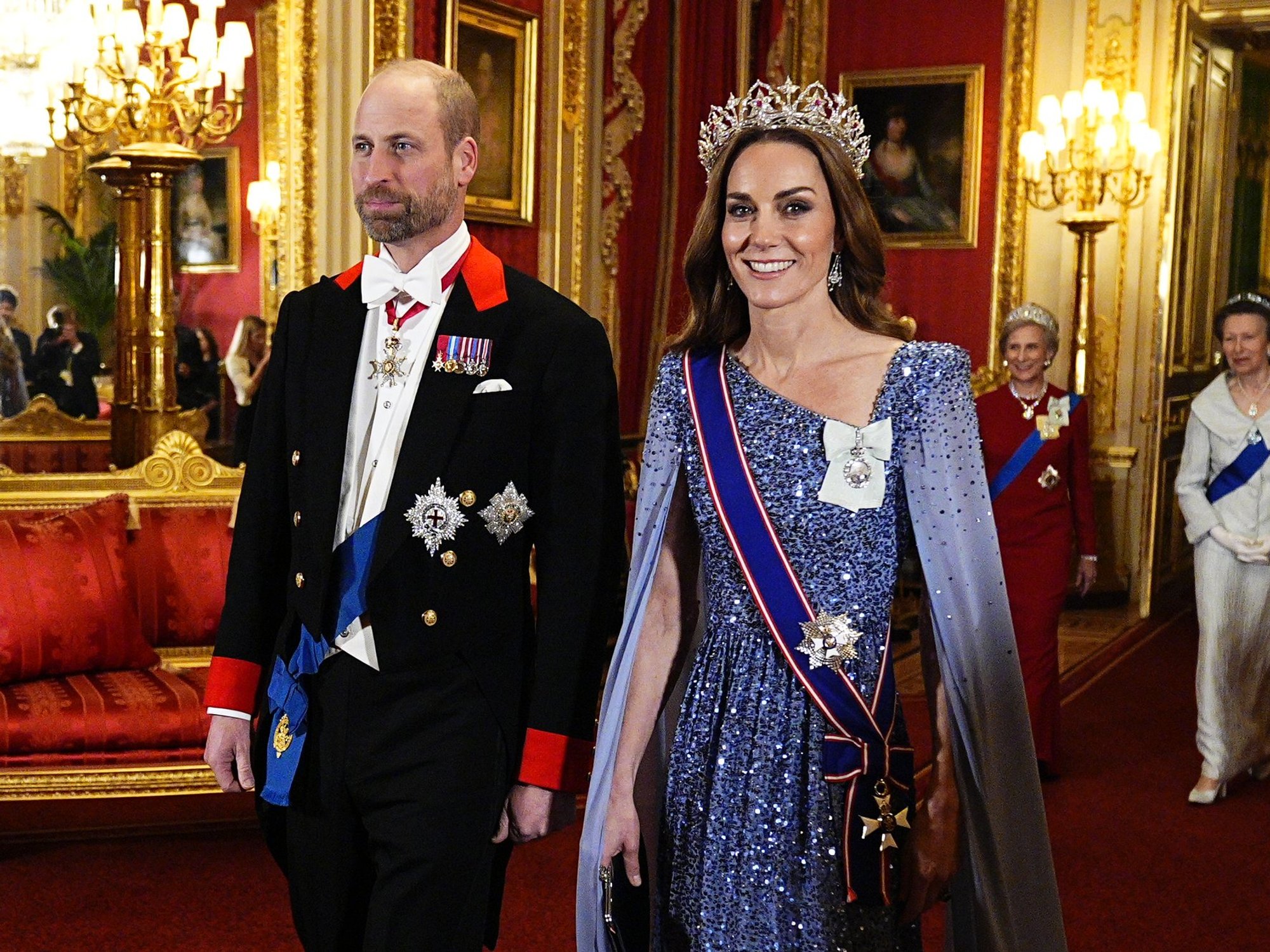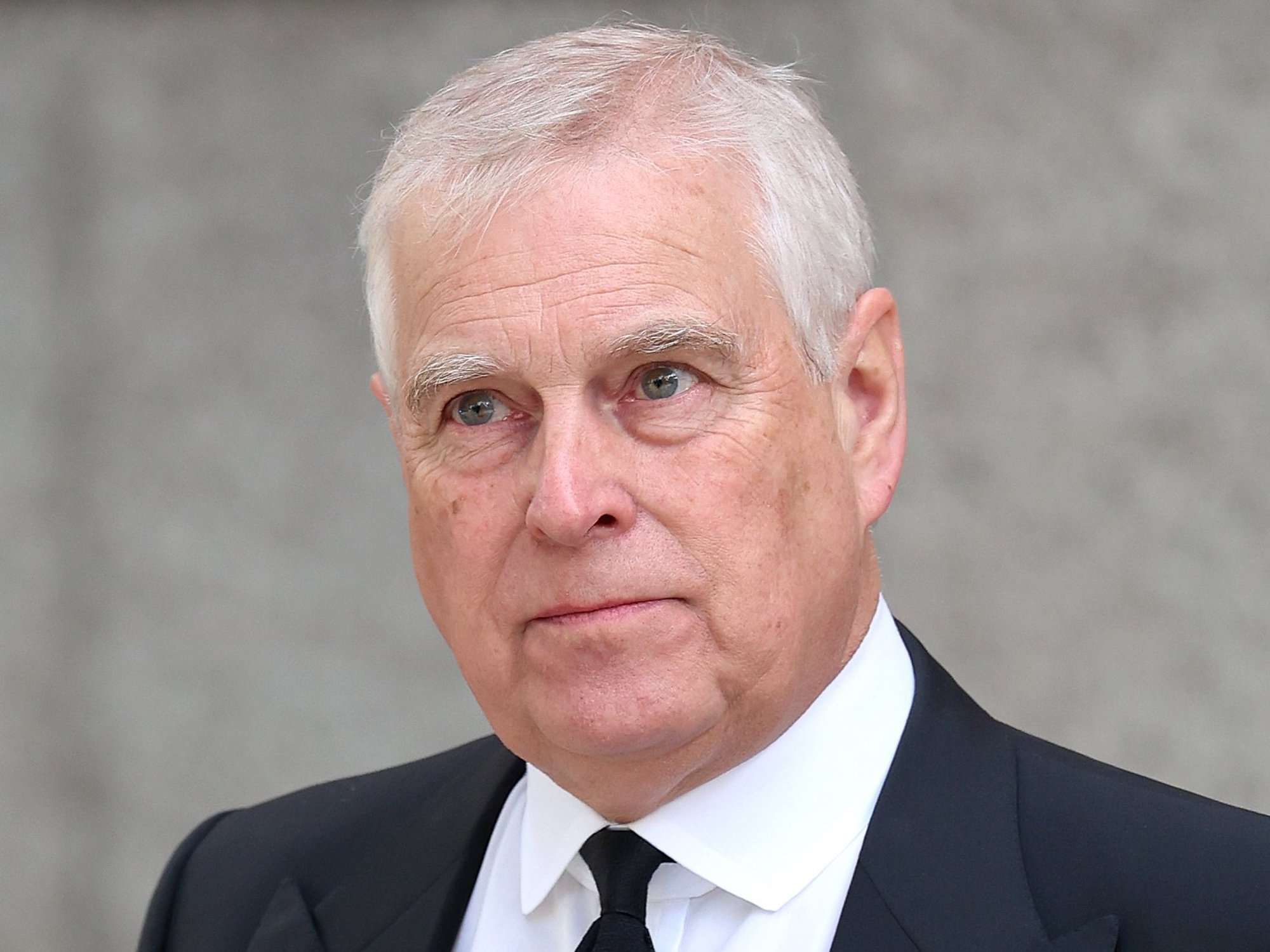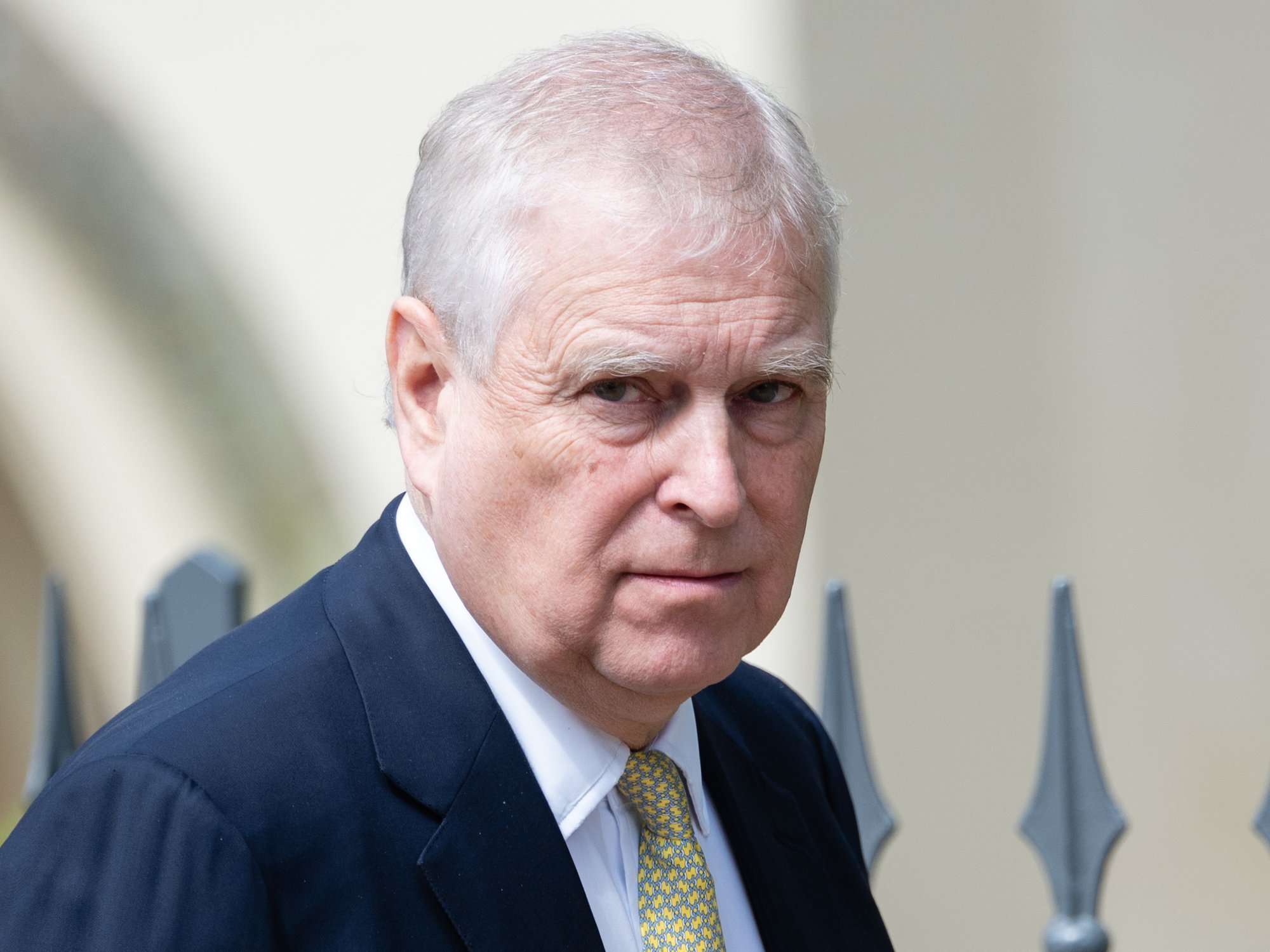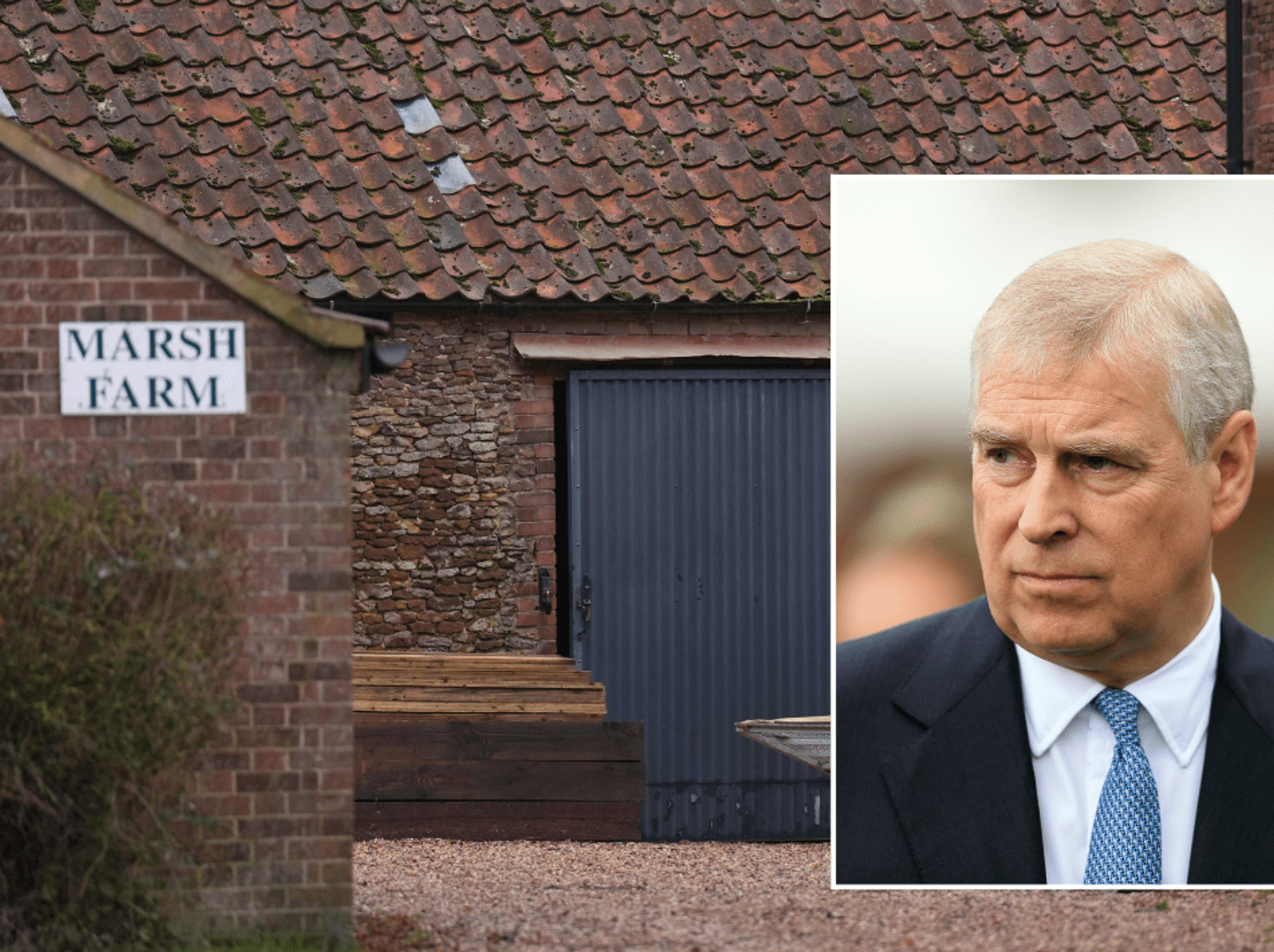State pension amounts falls £200,000 short of basic standard of living in retirement

The full state pension falls thousands of pounds short of the basic income needed for a minimum standard of living in retirement
|GETTY

The full new state pension is currently £10,600 per year
Don't Miss
Most Read
The full state pension falls thousands of pounds short of the basic income needed for a minimum standard of living in retirement, a new report shows.
Pensioners now face a £200,000 shortfall to cover their basic needs in retirement as the cost of living continues to bite.
The minimum income standard (MIS) is now £14,366 a year for single pensioners and £22,292 for couples, according to annual data published by the Centre for Research in Social Policy (CRSP) at Loughborough University.
The Minimum Income Standard (MIS) sets out what the public agree is needed to have a minimum socially acceptable standard of living in the UK today, to live with dignity.
It takes into account the amount retirees need for a “basket of goods and services” - from clothing, food and fuel to council tax, water rates and socializing.
Money for tobacco, motoring or care for grandchildren is not included, but there is an alcohol allowance which sits at £6.63 a week - barely covering the cost of one pint of beer in London.

The minimum income standard (MIS) is now £14,366 a year for single pensioner
|GETTY
Despite significant state pension increases in 2023 and upcoming in April 204, the difference between the basic income needed and the state pension becomes wider and wider. The research highlighted six figure shortfalls.
Following the triple lock guarantee last year 2023/2024, a mortgage free pensioner would get £10,600 after the 10.1 percent rise, but this would still leave an annual shortfall of £3,766 compared to the minimum income standard.
Consequently, for a 25-year long retirement, pensioners would need an extra £94,150 on top of the full new state pension just to get by.
The gap continues to grow for single pensioners who rent their home. They need £211,155 now, compared to the £141,803 needed in 2021 to get by.
Couples who are mortgage-free face a £27,300 shortfall, and couples who rent will now have to find £156,000 between them, up from £65,627 in 2021.
The figures apply to people drawing the full new state pension, but many still do not qualify for this full sum.
Matt Padley, who worked on the figures at CRSP, said: “In 2023, pensioners receiving the full state pension find themselves falling short of the income they need to live with dignity in the UK today.
“Rising costs over the last couple of years, particularly for things like home energy and food, have really squeezed household incomes, and pensioners have not been protected from these pressures.
“Around a fifth of pensioners don’t have the income they need to meet a minimum living standard, [are] unable to meet all their basic needs and at far greater risk of feeling excluded and isolated. These pressures on incomes are not likely to ease any time soon.”
The state pension is set to increase by 8.5 per cent in April, under the triple lock policy, Chancellor Jeremy Hunt confirmed last year.
The amount someone gets will depend on their age and National Insurance record.
The state pension age is also set to rise further and will start increasing from April 2026.
The current new full state pension (currently £203.85 a week) will rise to £221.20 a week, or £11,502 a year from April 2024.
The basic state pension (currently £156.20 a week) will rise to £169.50 a week, or £8,814 a year from April 2024.
LATEST PREDICTION:
Dr Carole Easton OBE, of the charity Centre for Ageing Better, said: “It is extremely concerning that the state pension is not sufficient to cover even the most basic standard of living.
“There are significant numbers of pensioners with no alternative income to their state pension and very little or no savings to act as a cushion in times of crisis.
“Poverty is also high among the next age group of older people heading towards retirement who are putting less money away for retirement because of the cost-of-living crisis. We are reaching a real crisis point and something needs to change.”
A Department for Work and Pensions (DWP) spokesperson said: “We want to ensure the state pension remains the foundation of income in retirement for future generations in a way that it is sustainable and fair.
“Thanks to our triple lock promise, the full rate of the new state pension will rise to over £11,500 a year, and there are currently 200,000 fewer pensioners in absolute poverty than in 2009/10.
“Our recent state pension age review concluded that a universal state pension age remained the best system, providing simplicity and clarity for people, and we also remain committed to the principle of providing 10 years notice of changes to state pension age, enabling people to plan effectively for retirement.”





